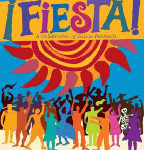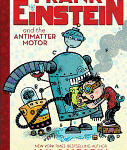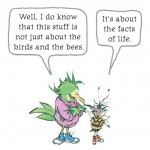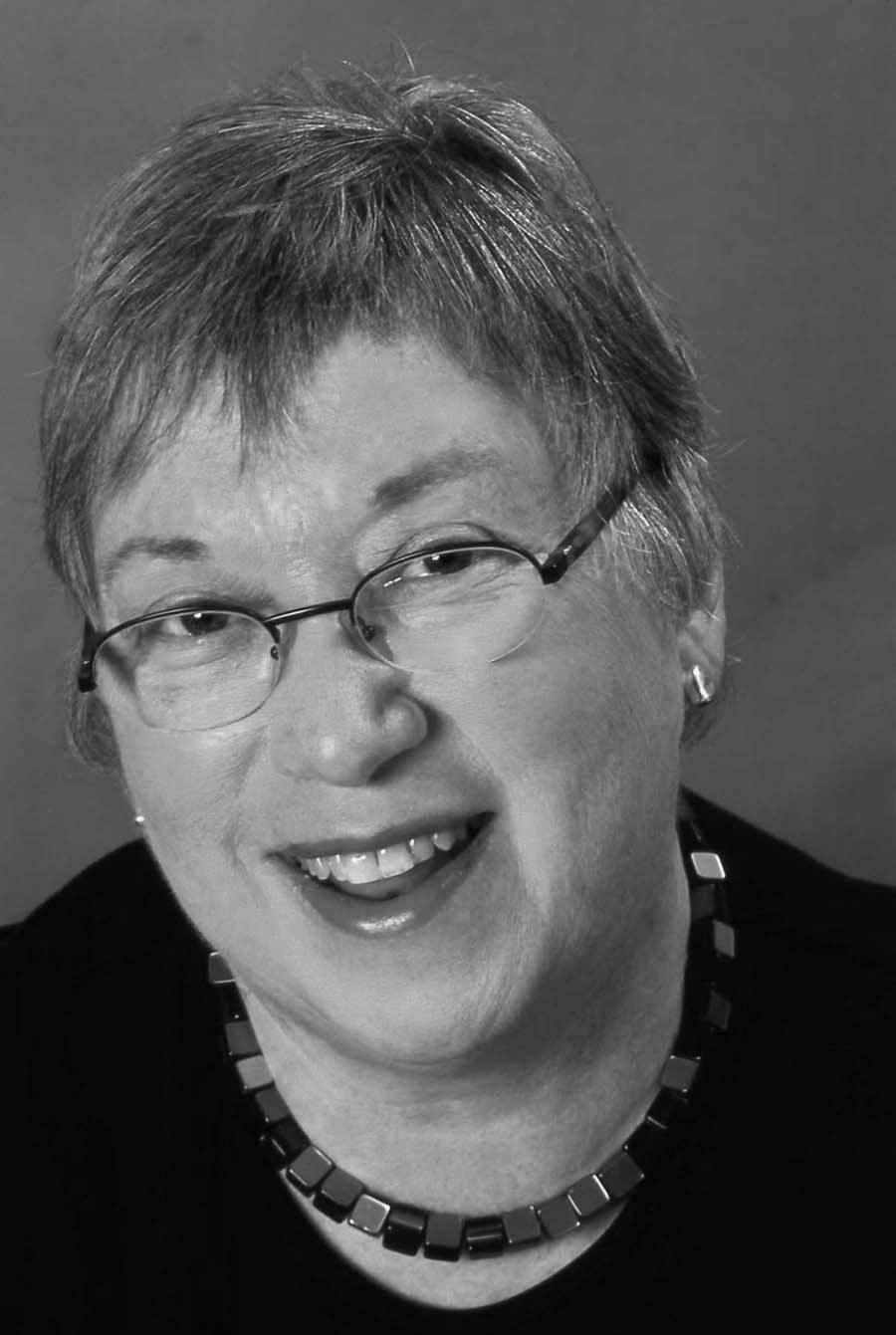Contests & Giveaways | December 2014
Each month we feature free and enjoyable book contests and giveaways!
We hope you will enjoy the following opportunities as well as the author and book resources available via TeachingBooks.net.
Win a free copy of Fiesta!: A Celebration of …



 I enjoy writing in the first person. I feel it gives readers immediate insight into a novel’s protagonist; from the beginning of the story they’re inside the head that person—with all the confusion and clarity that it entails. So, when I begin to write a book, I simply sit in a not-too-quiet place (usually the library) and have an internal conversation with whomever it is that’s narrating the work, and I start taking dictation. (Old-timer’s term, look it up.) It’s a fascinating process because so often I learn from this character that the tale I’m set on telling is all wrong.
I enjoy writing in the first person. I feel it gives readers immediate insight into a novel’s protagonist; from the beginning of the story they’re inside the head that person—with all the confusion and clarity that it entails. So, when I begin to write a book, I simply sit in a not-too-quiet place (usually the library) and have an internal conversation with whomever it is that’s narrating the work, and I start taking dictation. (Old-timer’s term, look it up.) It’s a fascinating process because so often I learn from this character that the tale I’m set on telling is all wrong.

 For me, it was the sheer number of fields in which Roget developed a working knowledge, and in which he also had significant influence. Roget was interested in just about everything and wrote papers, articles, and books on subjects ranging from botany to mathematics and optics to public health. Today, when most people super-specialize in a field or a skill set, this may seem unfocused. But in Roget’s time, when there was no such thing as a professional scientist, this broad intellectual life was encouraged and admired.
For me, it was the sheer number of fields in which Roget developed a working knowledge, and in which he also had significant influence. Roget was interested in just about everything and wrote papers, articles, and books on subjects ranging from botany to mathematics and optics to public health. Today, when most people super-specialize in a field or a skill set, this may seem unfocused. But in Roget’s time, when there was no such thing as a professional scientist, this broad intellectual life was encouraged and admired.
 For the past twenty years, people have been asking me how I came to write It’s Perfectly Normal: A Book about Changing Bodies, Growing Up, Sex, and Sexual Health (Candlewick, 1994). It all began when an editor asked if I would be interested in writing a book for preteens and teens about AIDS. At the time, I didn’t know enough about AIDS to write a responsible book about the disease. But I surprised myself when I answered that what I would write was a comprehensive book that would answer almost every question this audience had about sexual health.
For the past twenty years, people have been asking me how I came to write It’s Perfectly Normal: A Book about Changing Bodies, Growing Up, Sex, and Sexual Health (Candlewick, 1994). It all began when an editor asked if I would be interested in writing a book for preteens and teens about AIDS. At the time, I didn’t know enough about AIDS to write a responsible book about the disease. But I surprised myself when I answered that what I would write was a comprehensive book that would answer almost every question this audience had about sexual health.